Listen on your favorite app
OVERSHOOT | Shrink Toward Abundance
OVERSHOOT tackles today’s interlocked social and ecological crises driven by humanity’s excessive population and consumption. The podcast explores needed narrative, behavioral, and system shifts for recreating human life in balance with all life on Earth. With expert guests from wide-ranging disciplines, we examine the forces underlying overshoot: from patriarchal pronatalism that is fueling overpopulation, to growth-biased economic systems that lead to consumerism and social injustice, to the dominant worldview of human supremacy that subjugates animals and nature. Our vision of shrinking toward abundance inspires us to seek pathways of transformation that go beyond technological fixes toward a new humanity that honors our interconnectedness with all beings. Hosted by Nandita Bajaj and Alan Ware. Ranking in the top 1.5% of all podcasts globally, we draw listeners from across 150 countries.
Read our Listener Feedback. | Support this podcast. | Subscribe to our newsletter.
New to our podcast?
There are over 80 episodes of OVERSHOOT. If you are new to the podcast and looking for a good place to start, we recommend you listen to these episodes first.
Latest Episodes
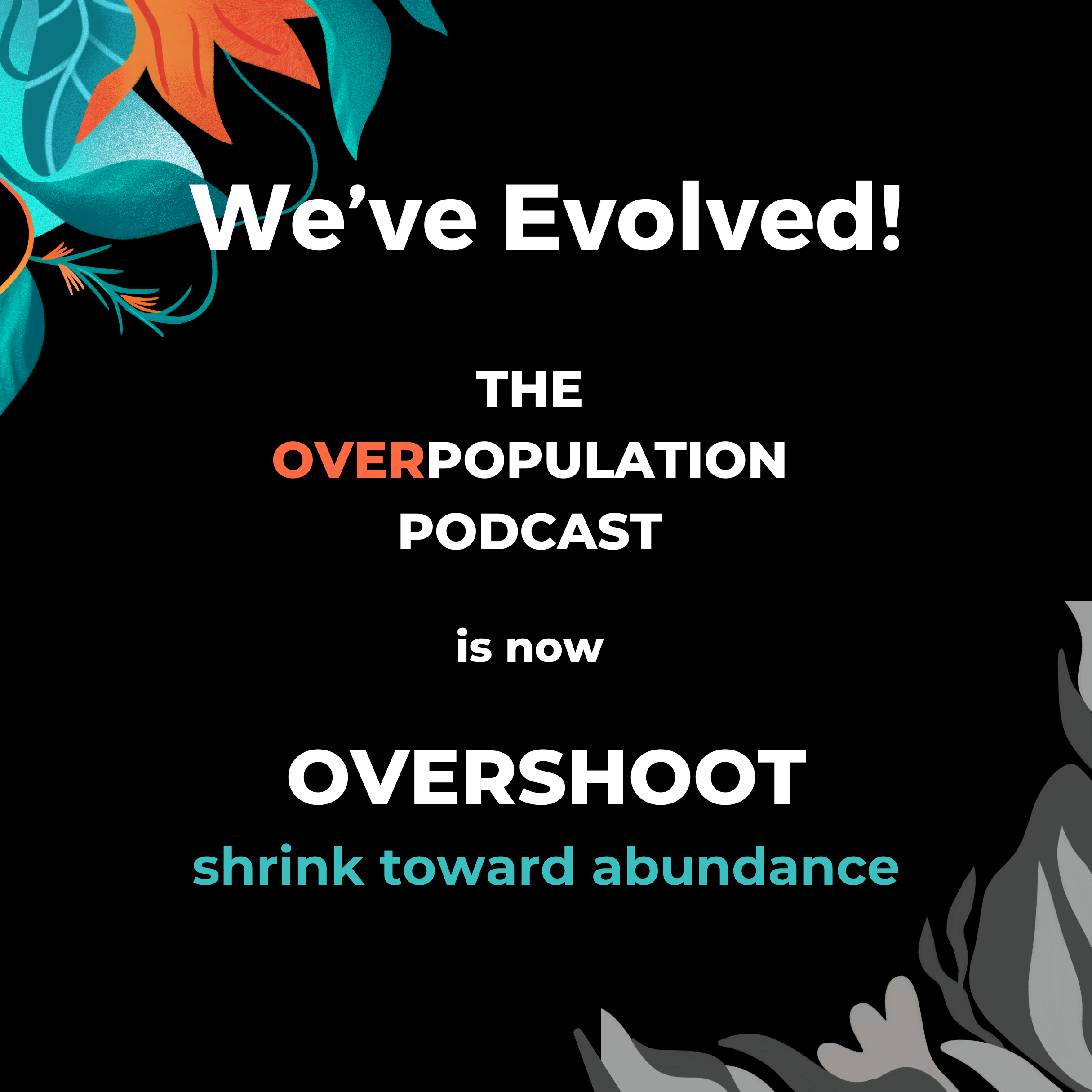
Podcast name change | We are now OVERSHOOT
Our podcast has a new name: OVERSHOOT. Overshoot has increasingly been the underlying target of our podcast, and it’s driven by more than excessive human numbers. Although overpopulation will remain a central theme, it is time that the podcast name reflects the full scope of our concerns.
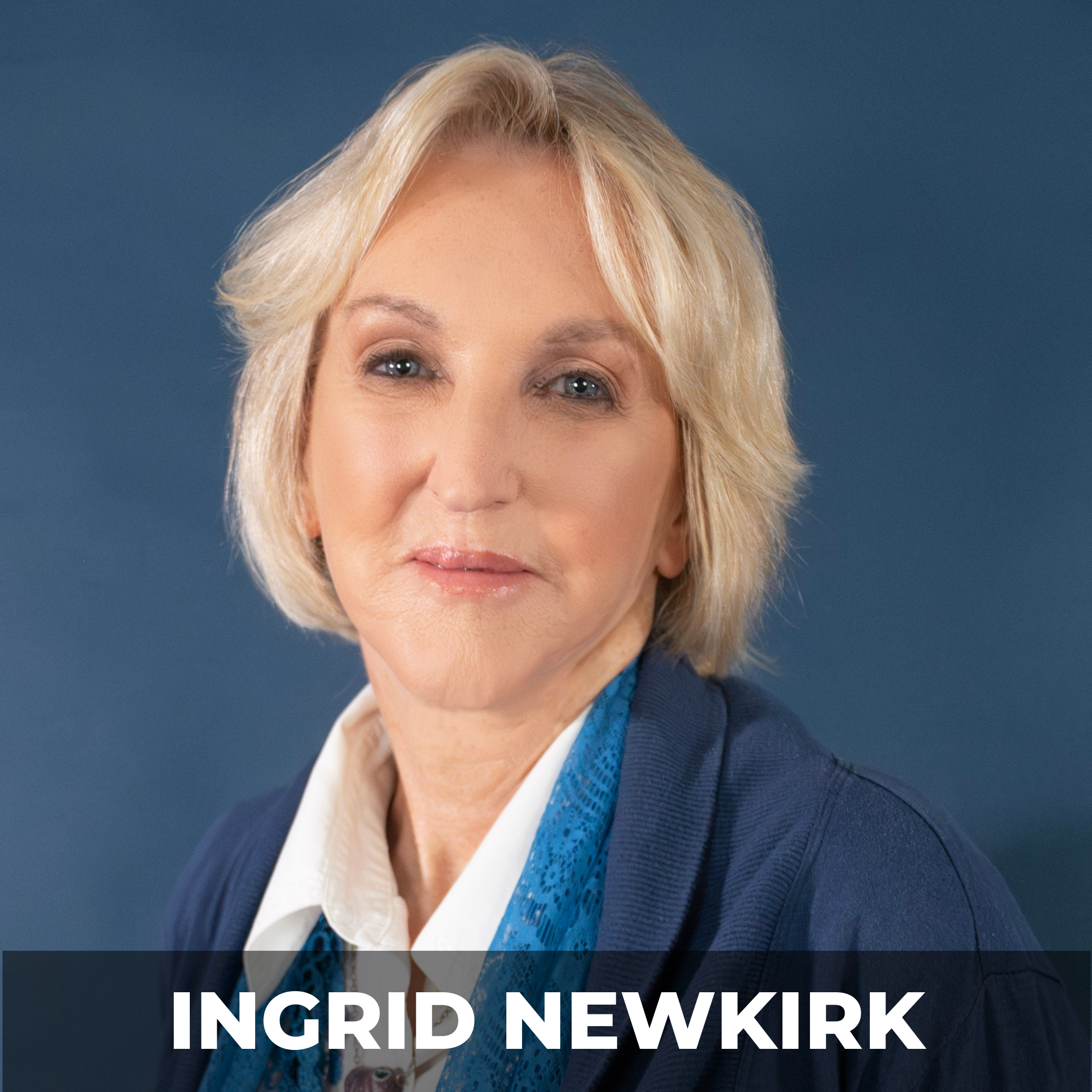
PETA: Leading the Fight for Animal Liberation
Animals are not ours to eat, wear, experiment on, or use for entertainment. For International Animal Rights Day, we are joined by Ingrid Newkirk, co-founder and President of PETA, the world’s largest animal rights organization.
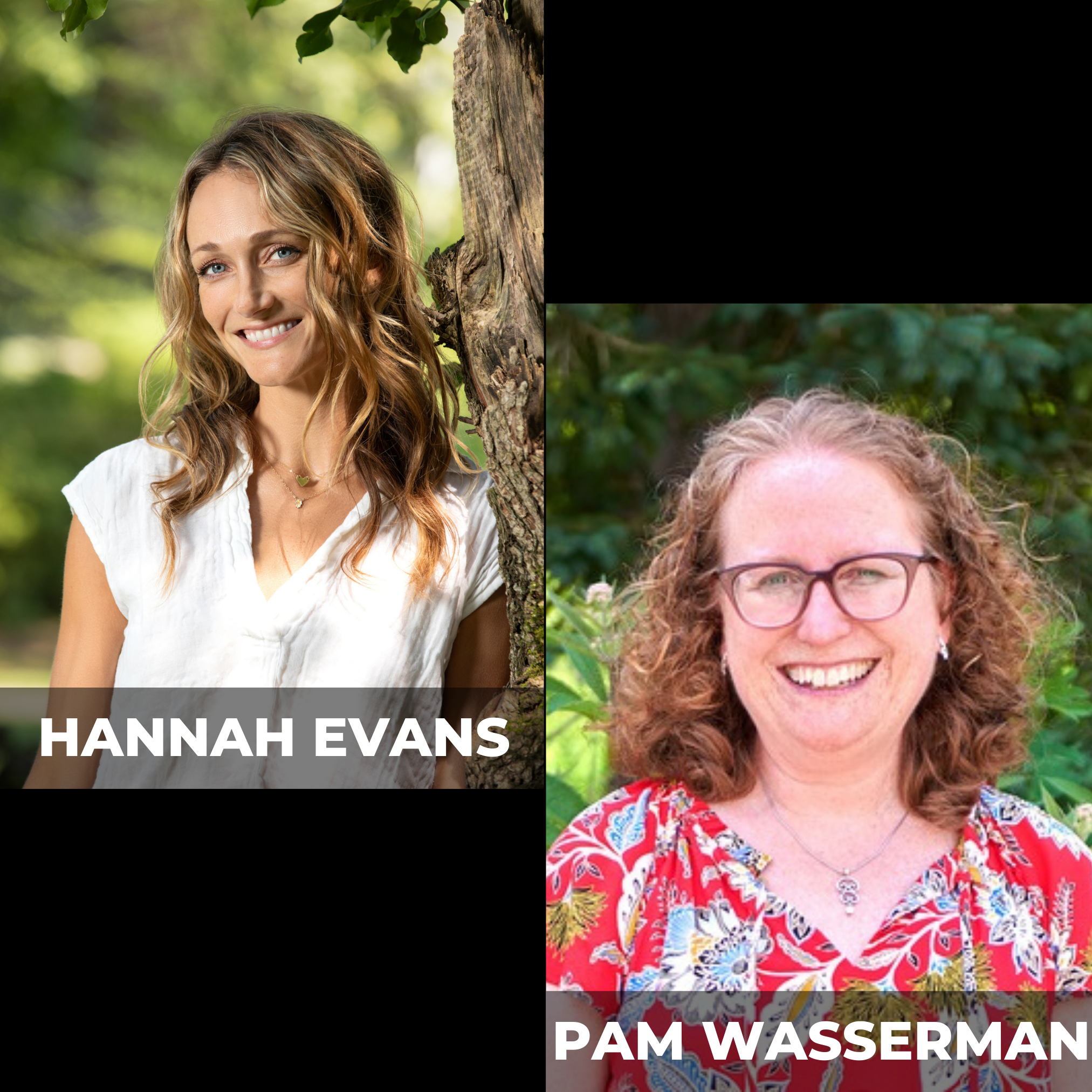
Progressive Pathways for a Smaller Population
Population dynamics are deeply connected to environmental sustainability and social justice. That's the message of Pam Wasserman and Hannah Evans from Population Connection - the oldest grassroots population organization in the U.S.
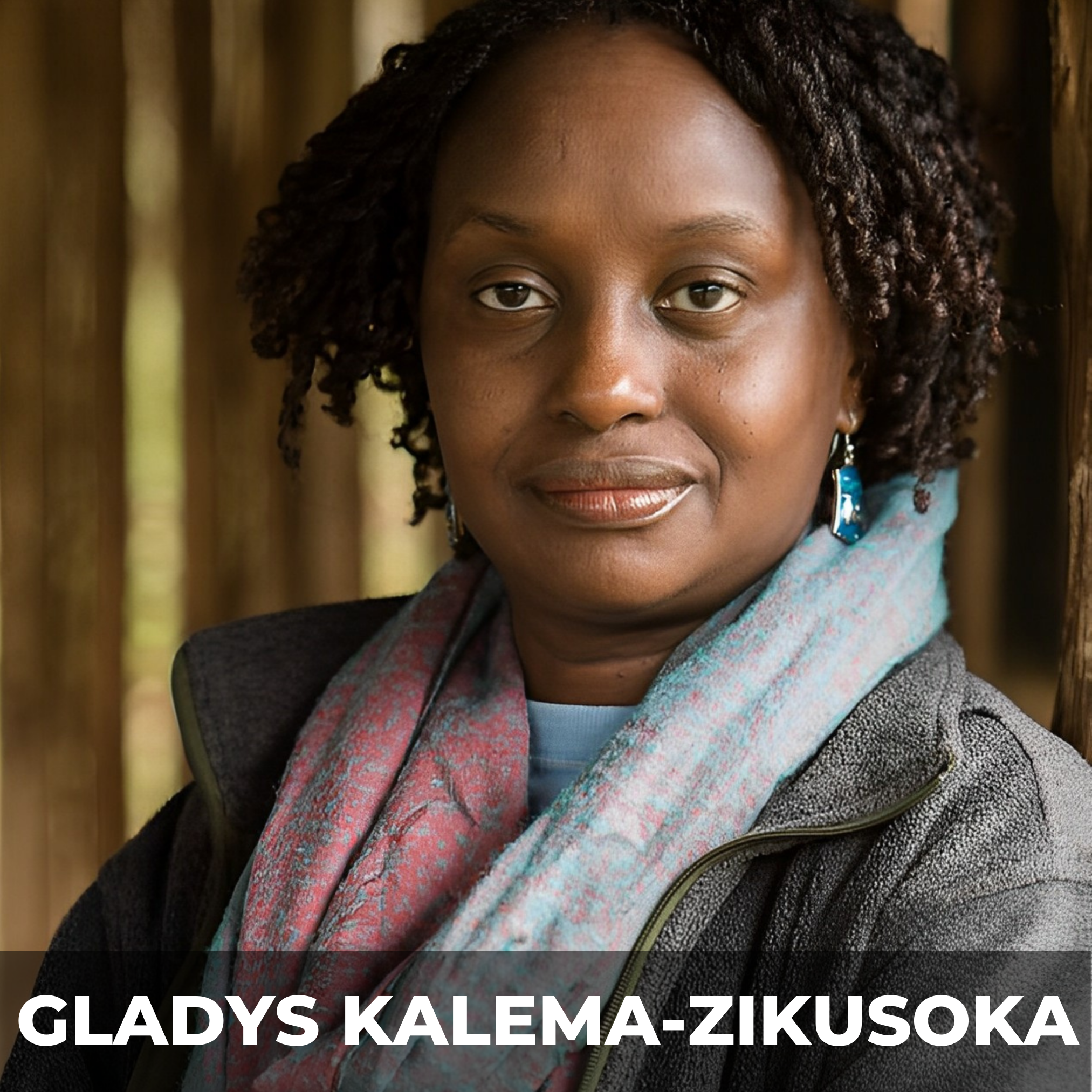
Gorilla Conservation, Coffee, and Family Planning
Healthy and thriving animal communities depend on healthy and thriving human communities. That’s the message from this week’s guest, Dr. Gladys Kalema-Zikusoka, Uganda’s first wildlife veterinarian and founder of Conservation Through Public Health.
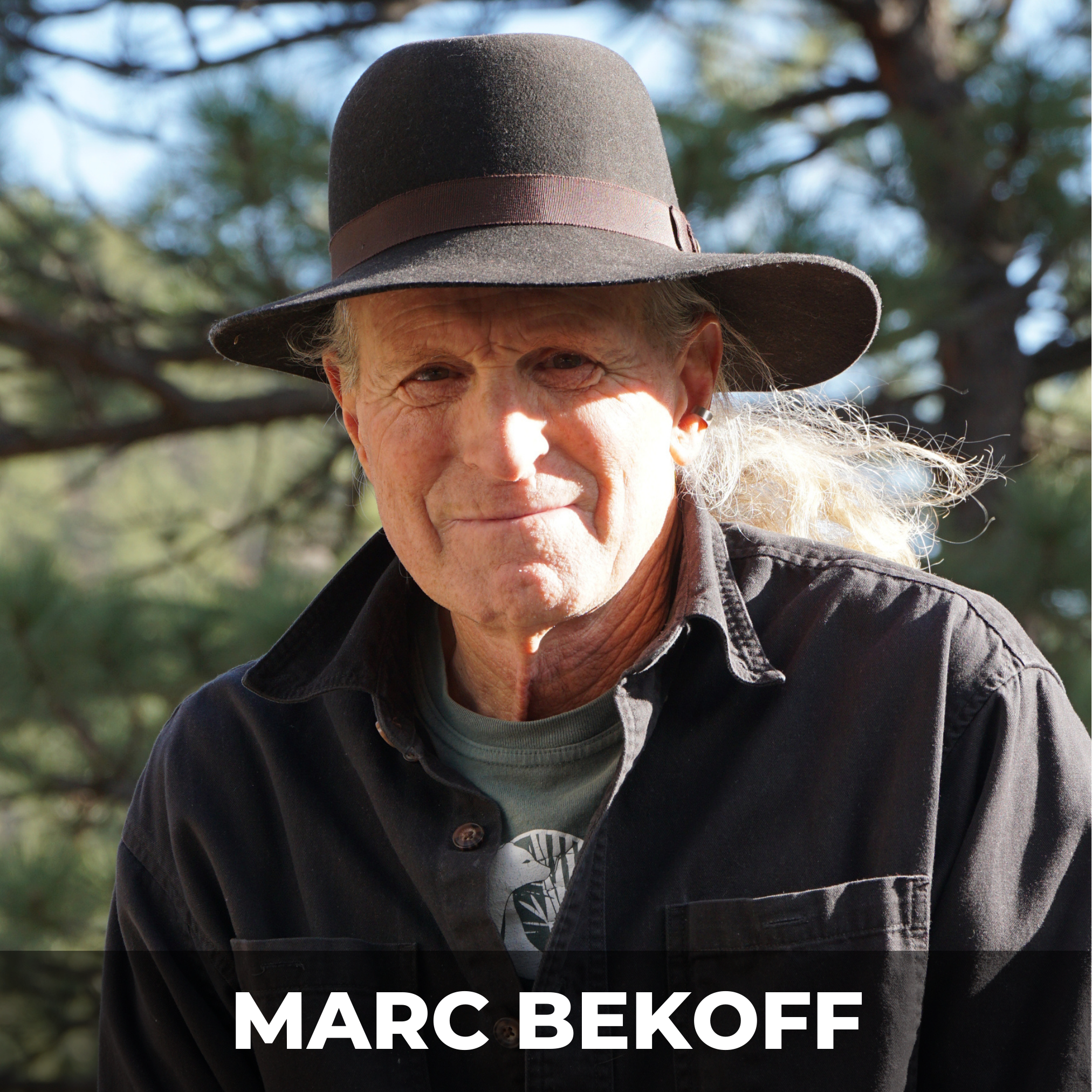
Understanding the Emotional Lives of Animals
Animal behavior expert and a pioneer in the field of cognitive ethology, Dr. Marc Bekoff shares his insights on animal emotions, the interconnectedness of animal rights and environmental sustainability, and how we can better understand and care for the creatures we share the planet with.
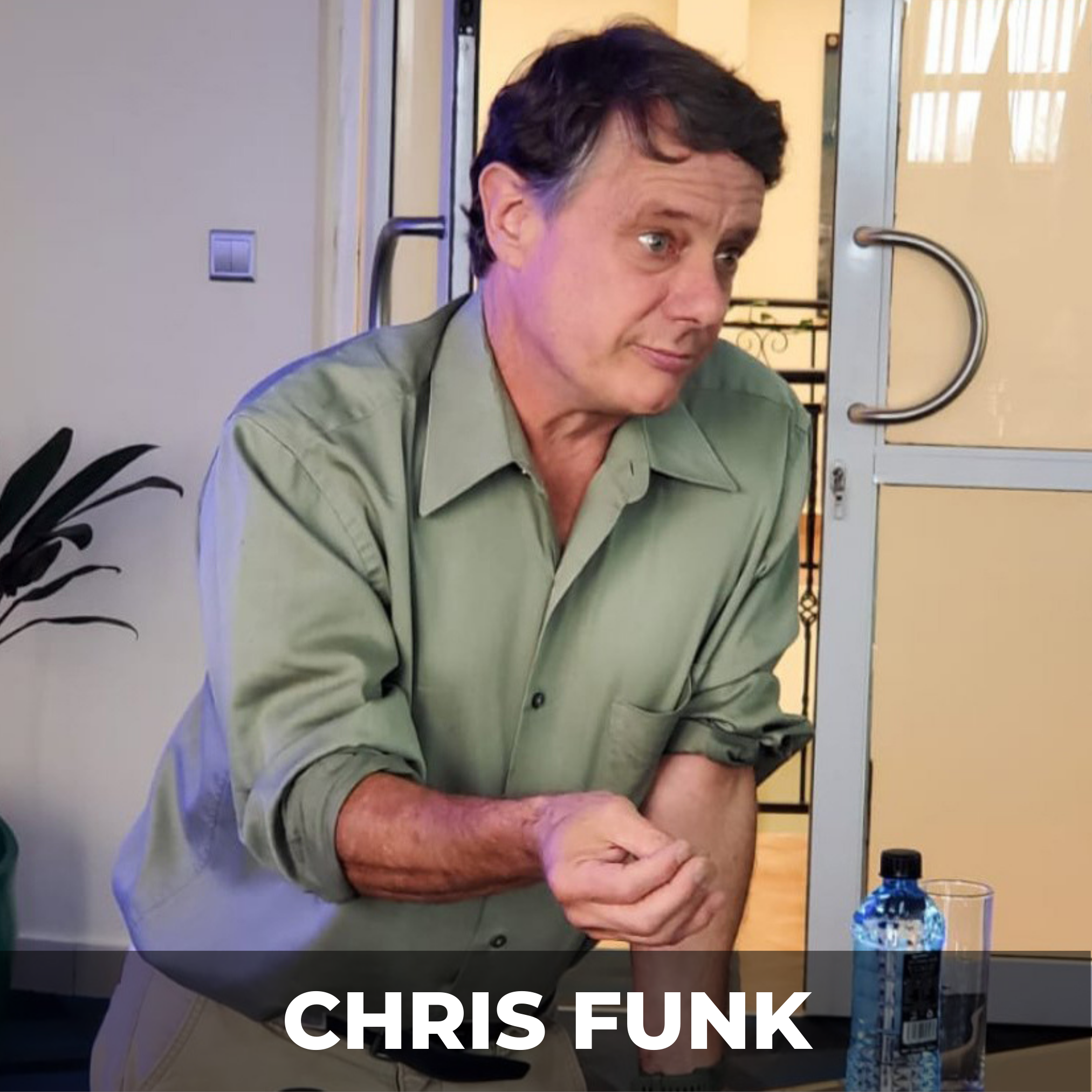
Being Better Together | Using Early Warning to Reduce Exposure to Climate Extremes
Climatologist and director of the Climate Hazards Center, Dr. Chris Funk talks about the links between population growth and vulnerability to extreme weather events, and how working together with local communities to employ early warning systems can reduce suffering and save lives.
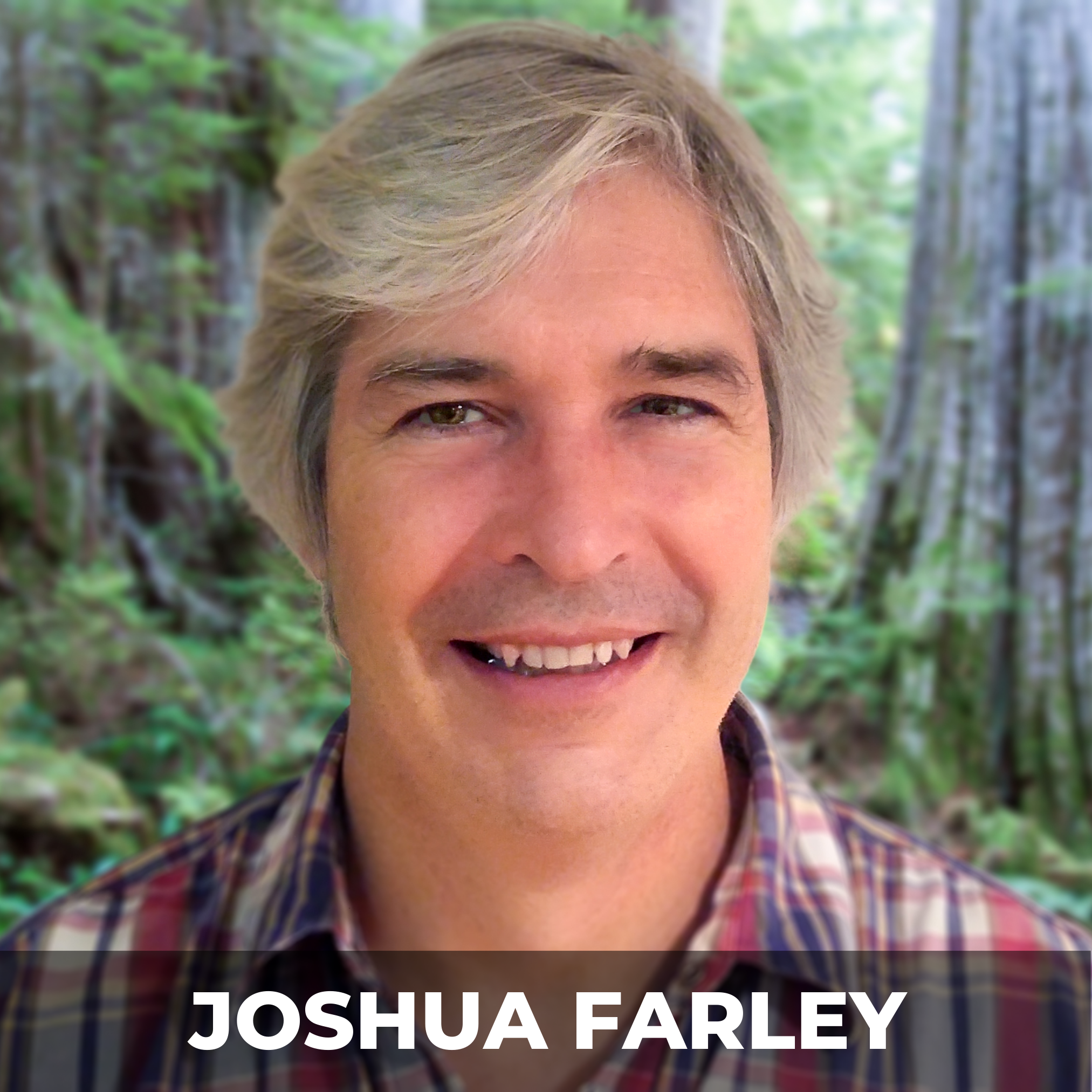
Challenging Growthism | Reclaiming our Humanity from the Destructive Grip of Mainstream Economics
Ecological economist Dr. Joshua Farley discusses the urgent need to realign our economic systems with ecological and social justice imperatives by reclaiming our humanity from the destructive grip of mainstream economics.
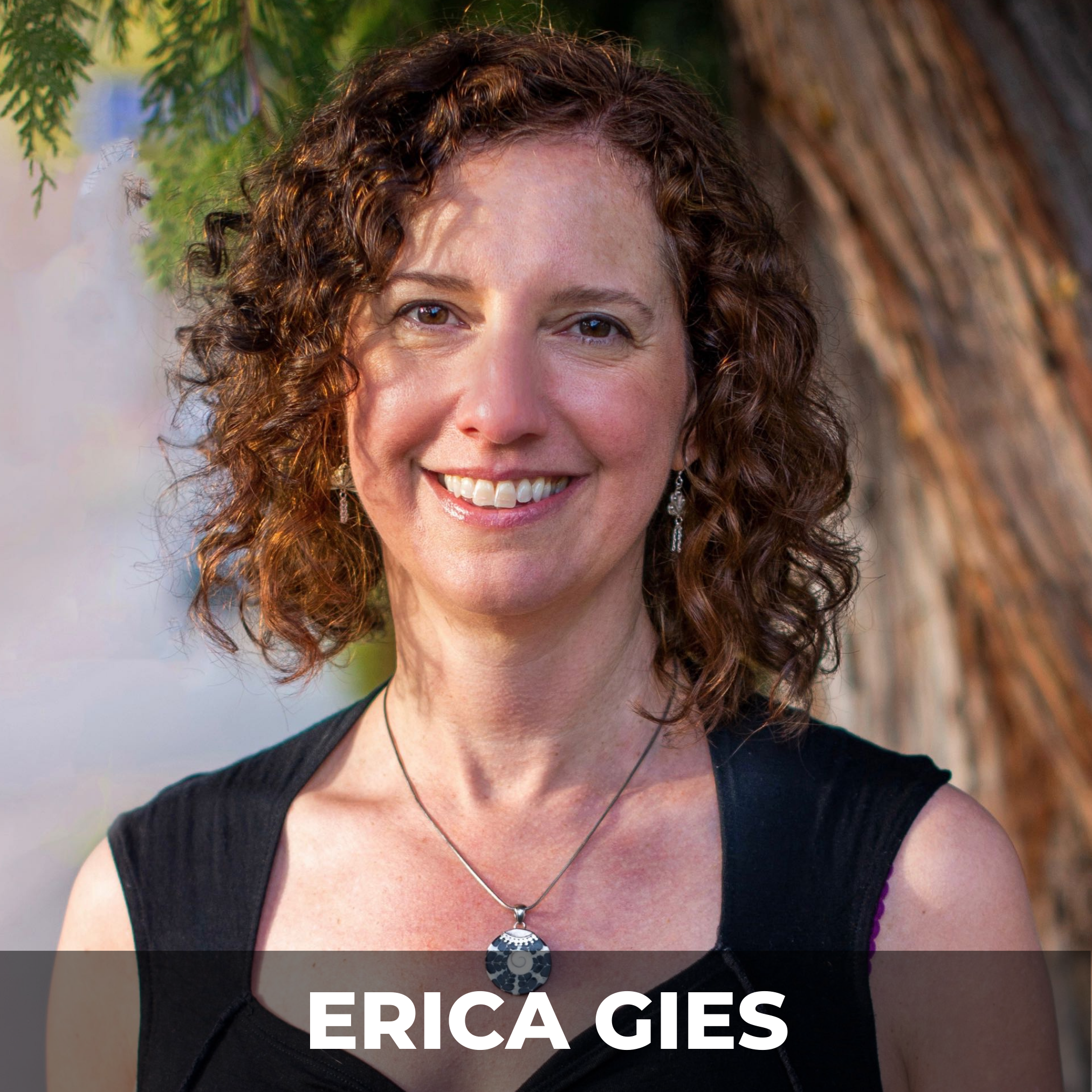
What Does Water Want? | Restoring Earth by Realigning with Water’s Rhythms
Erica Gies, award-winning journalist and author of Water Always Wins: Thriving in an Age of Drought and Deluge, chats with us about the complex relationships between water, nature, and human societies, emphasizing the need to embrace 'slow water'—respecting the natural rhythms of water’s cycles for the benefit of both human and nonhuman life.
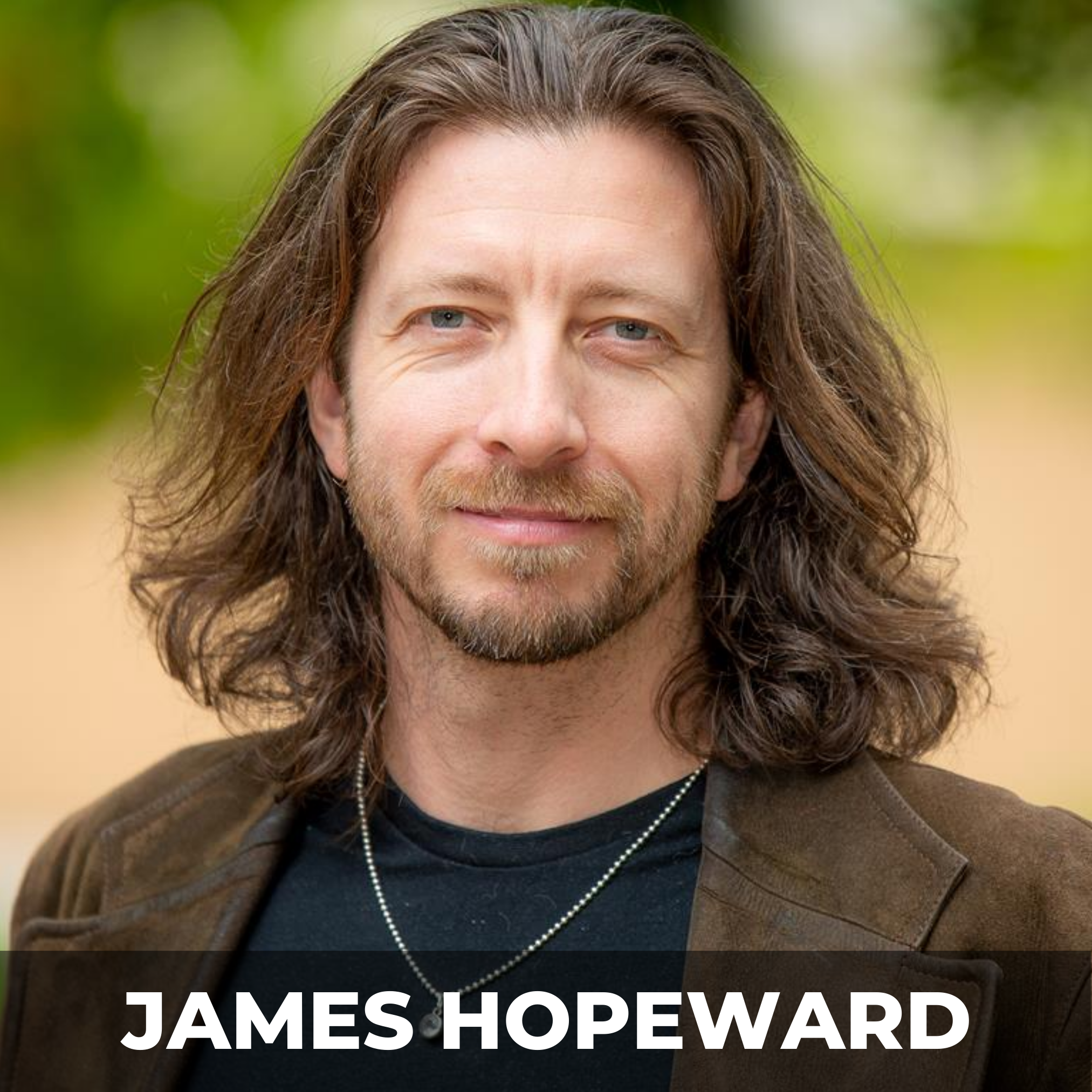
The Delusion of Decoupling Economic Growth from Environmental Impact
Dr. James Hopeward, an environmental civil engineering professor at the University of South Australia, highlights the limitations of conventional economic growth models and their environmental impacts, emphasizing the need for more holistic and ecologically grounded engineering practices (and cultural beliefs).
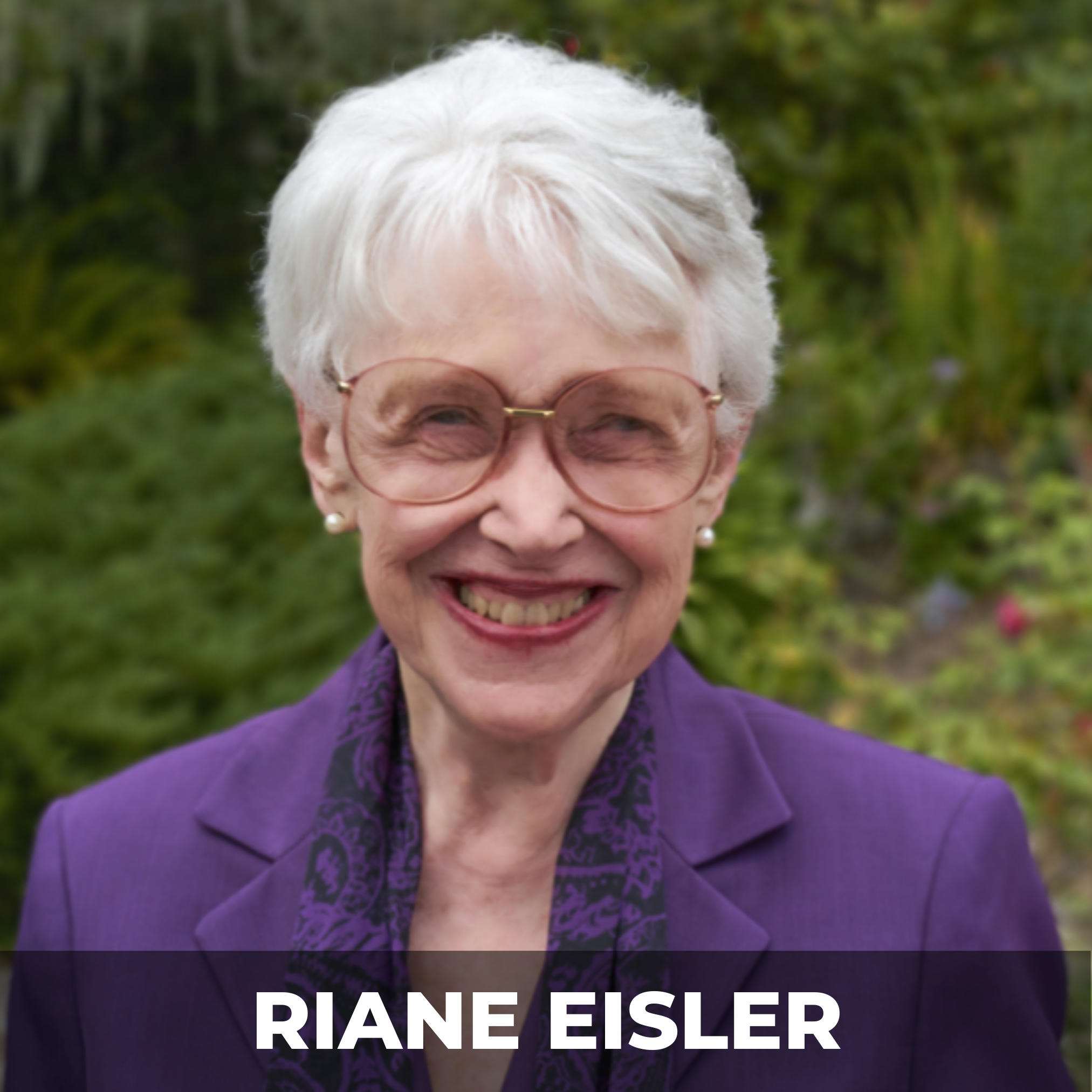
Confronting the Population Taboo: Moving from Dominator to Partnership Societies
In this episode we speak with Riane Eisler, a social systems scientist, futurist, cultural historian, attorney, consultant, speaker, and author of many books, including The Chalice and the Blade and The Real Wealth of Nations, about how to construct a more equitable, sustainable and less violent world based on partnership rather than domination.
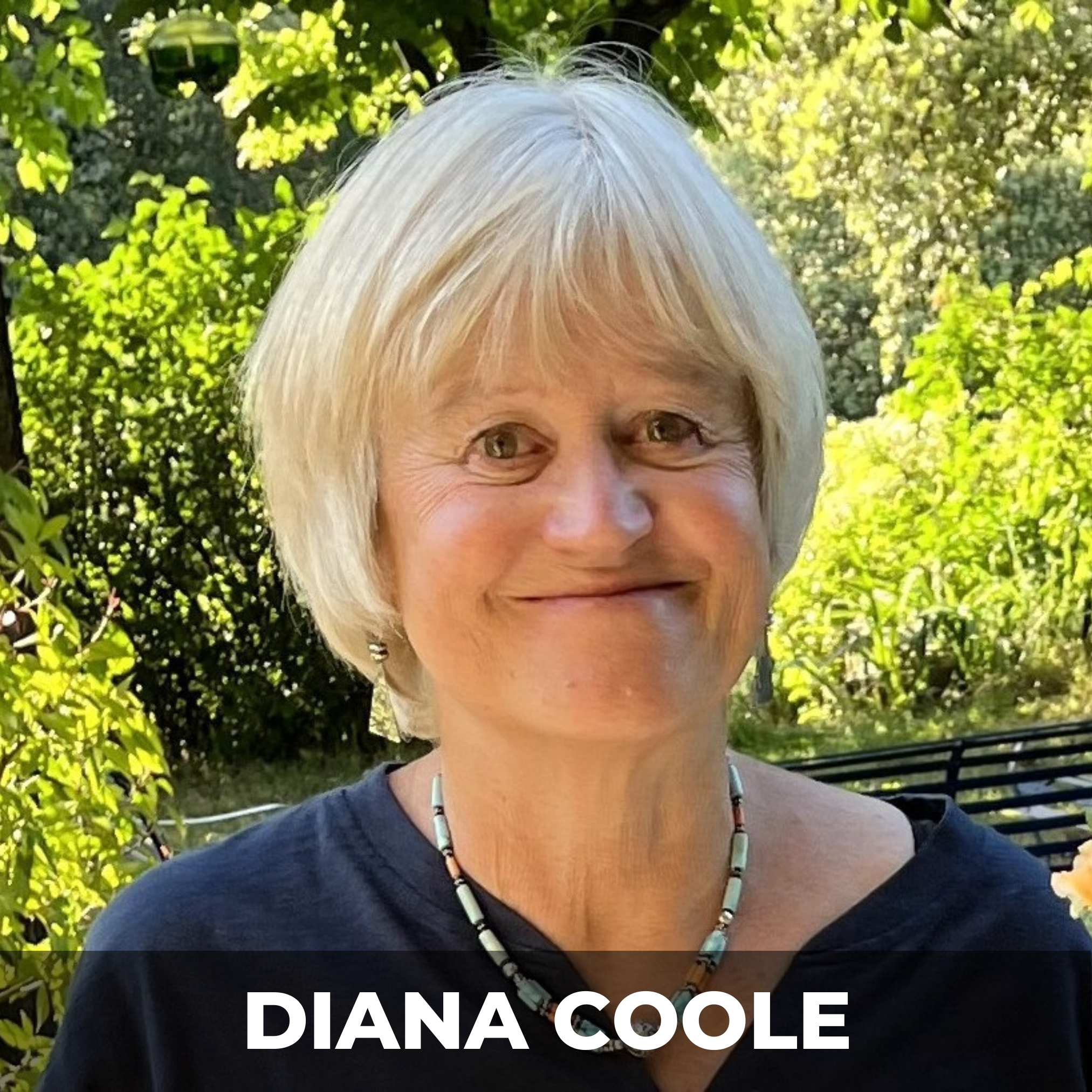
The Toxification of Population Discourse: How Population Became a Dirty Word
When and why did population become a dirty word? And why are so many people shamed for advocating for population reduction? In this episode with political theorist and feminist scholar, Dr. Diana Coole, we unpack the history of the toxification of the population discourse over the last 30 years and the dire social and ecological consequences that this silencing has unleashed.
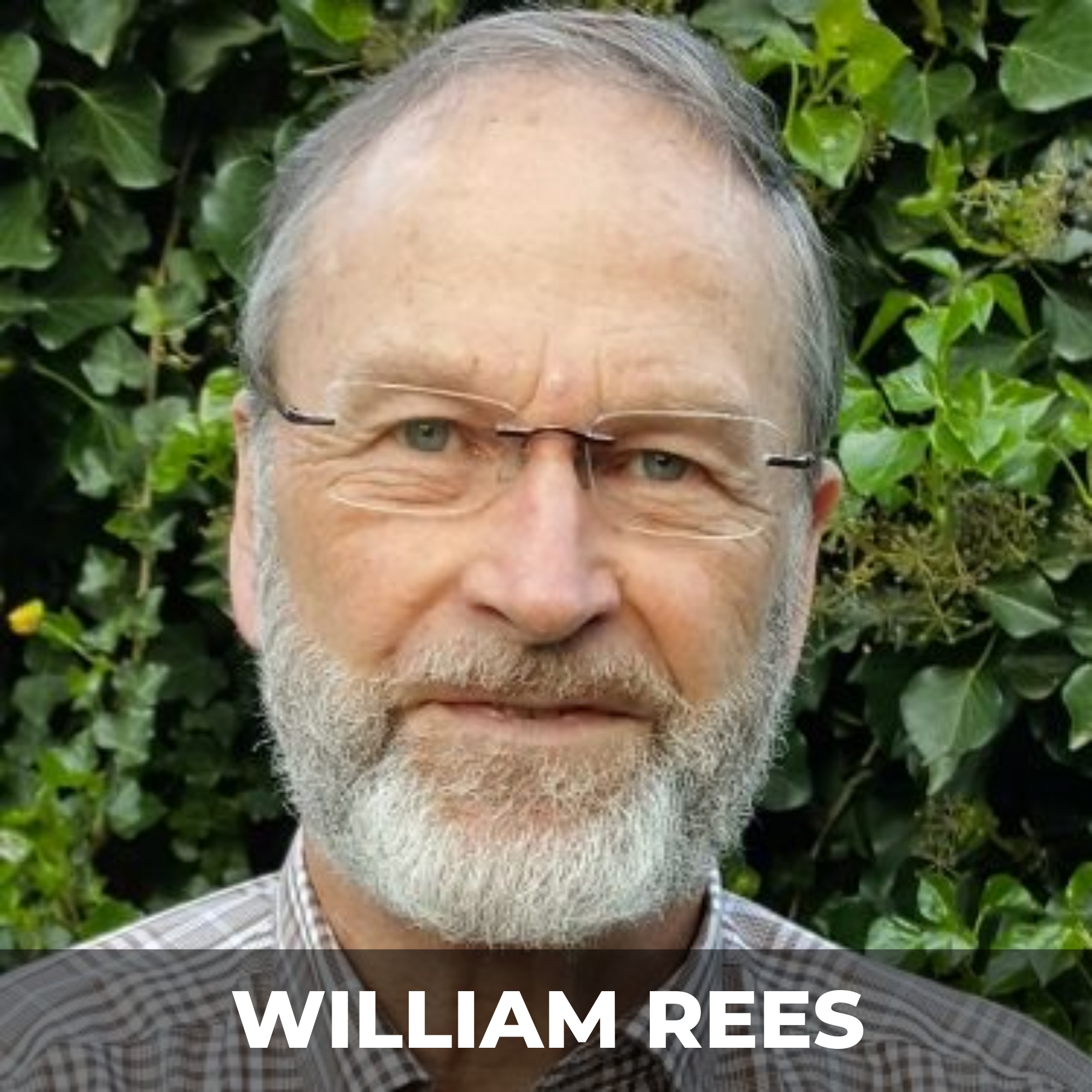
Confronting Overshoot: Changing the Story of Human Exceptionalism
We chat with population ecologist, originator of “ecological footprint”, and one of the world’s best big-picture ecological thinkers, Dr. Bill Rees. Bill explains how our blind faith in human exceptionalism, technological optimism, and neoliberal economics fooled us into disregarding ecological limits and brought us into a state of extreme overshoot. How can we confront this reality, in which we are degrading the biophysical basis of existence, to prepare for a post-industrial world?
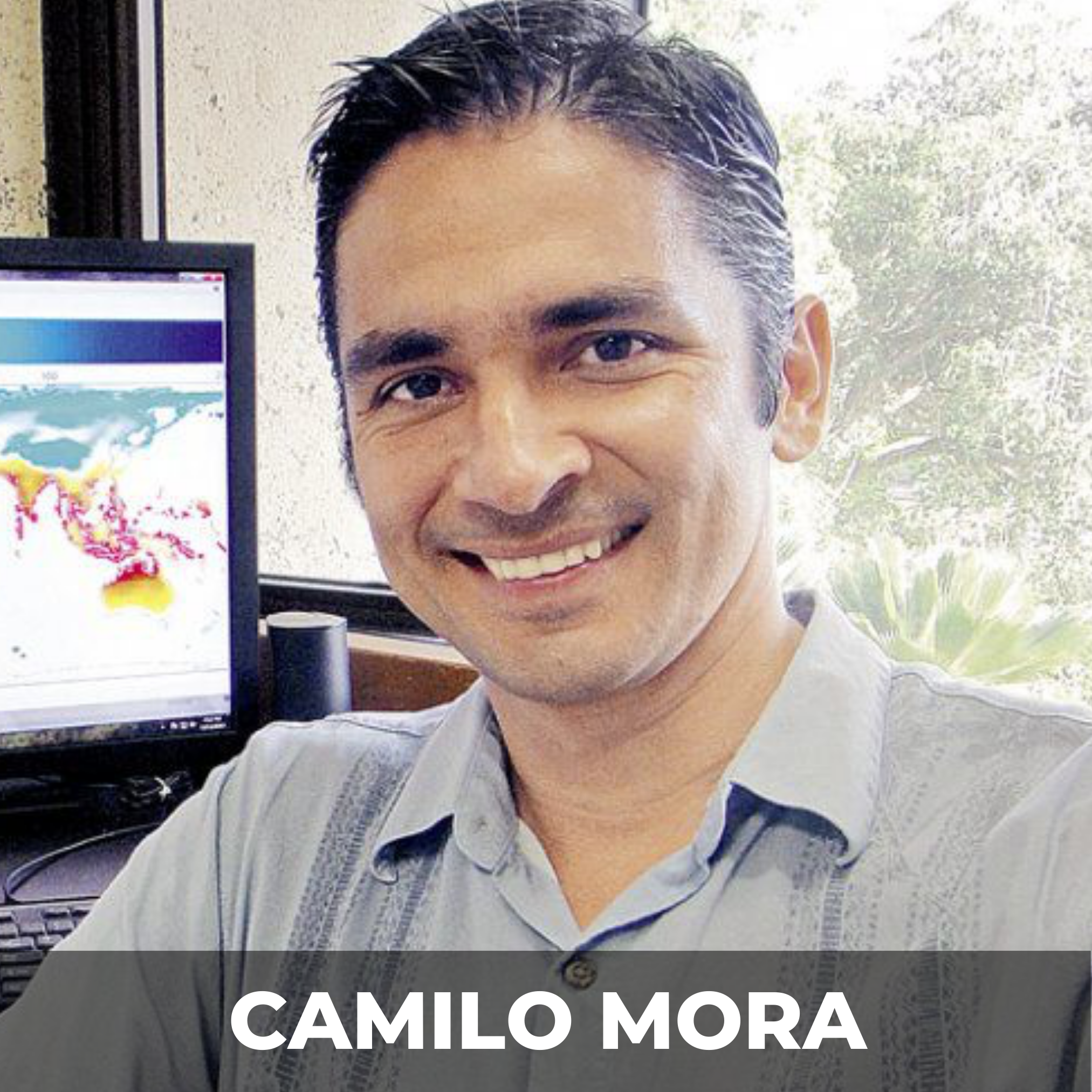
Population: A Threat Multiplier for Climate Change, Biodiversity Loss, & Pandemics
In this interview with Dr. Camilo Mora, widely acclaimed professor and award-winning researcher, we discuss the impacts of human activity on climate change, biodiversity loss, resource scarcity, and pandemics, and how to move past population denial to grapple with our compounding crises.
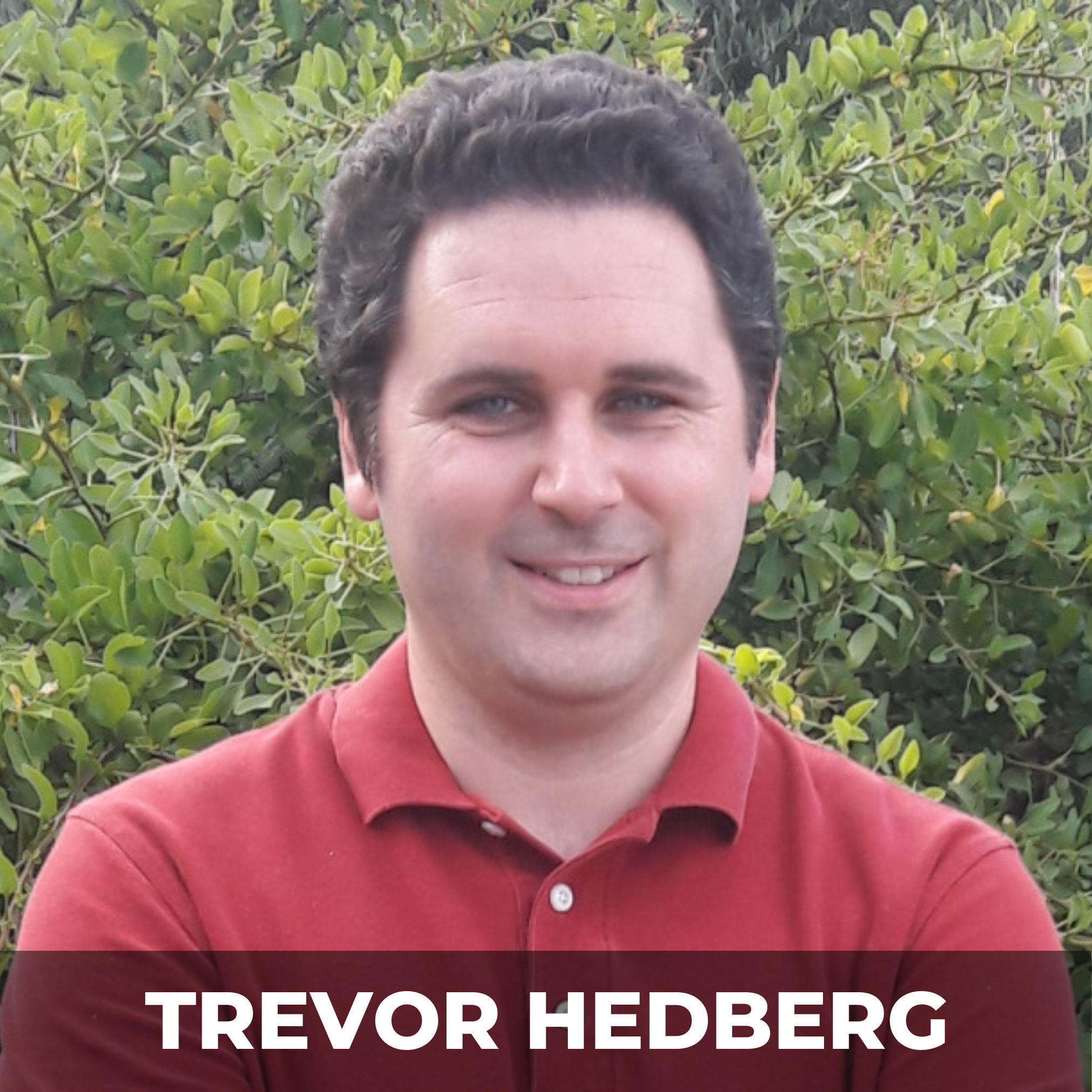
The Environmental Impact of Overpopulation: The Ethics of Procreation
Dr. Trevor Hedberg discusses his recent book The Environmental Impact of Overpopulation: The Ethics of Procreation about the ethical implications of procreation, both in terms of the risk of harm to the child and to the planet, understanding how pronatalism influences procreative decision-making, while rejecting antinatalist and misanthopic philosophies.
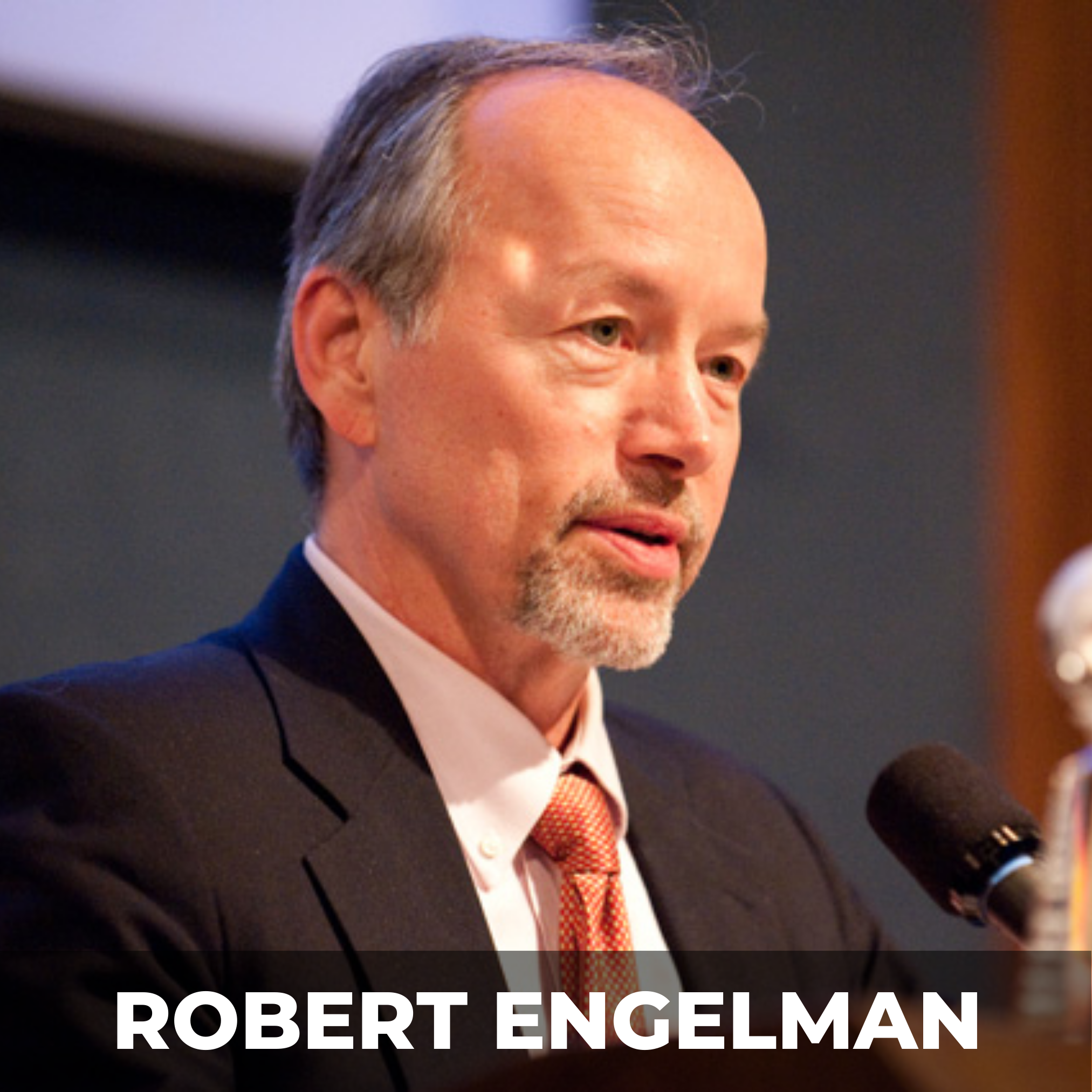
Reproductive Autonomy: A Human Right and a Foundation for a Healthy Planet
In honor of World Population Day, long-term researcher, writer, and advocate of reproductive and planetary health, Robert Engelman shines a light on the intimate links between reproductive autonomy and planetary health.
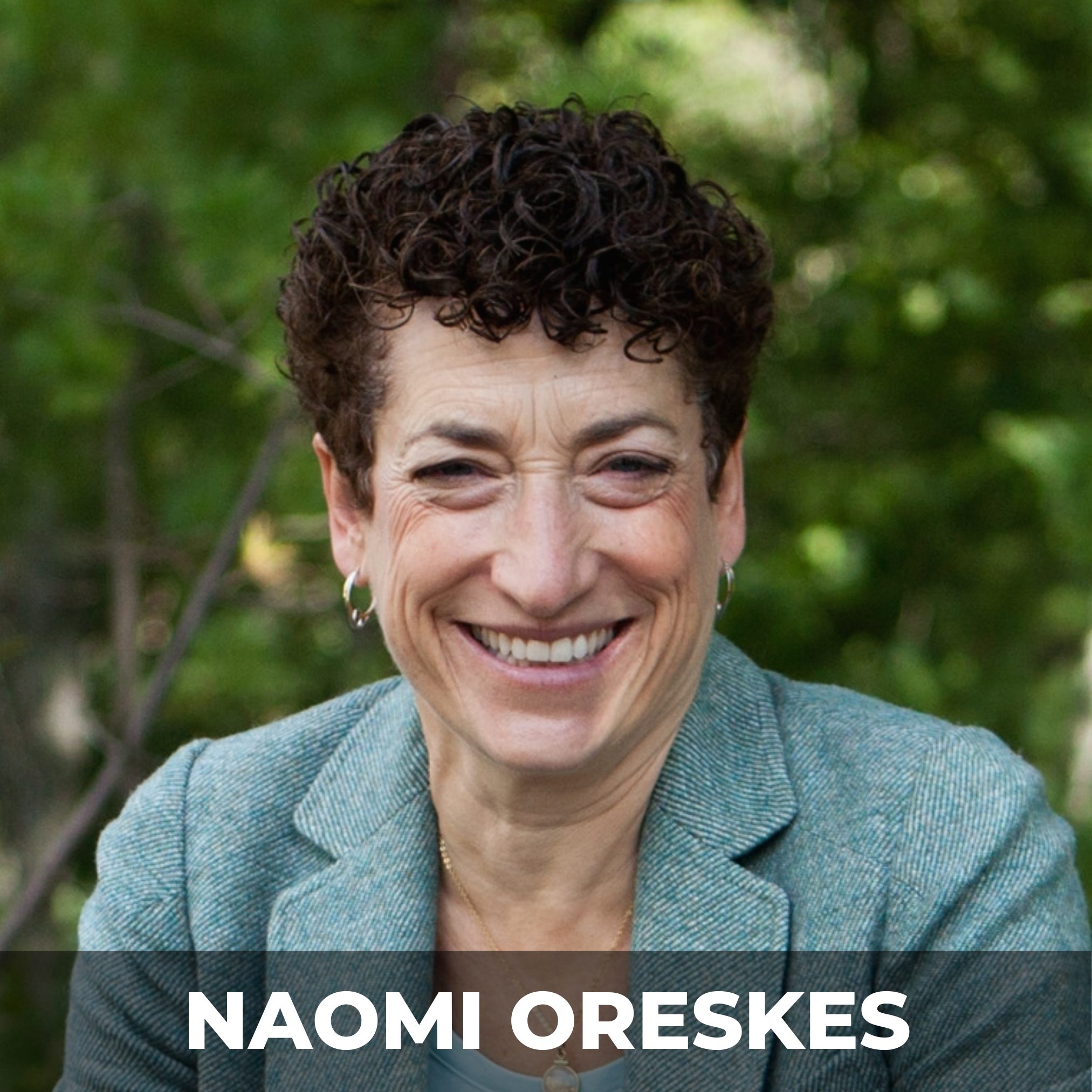
How Free-Market Fundamentalism Fuels Population Denialism & Undermines Democracy
Naomi Oreskes, a world-renowned earth scientist, historian and public speaker explains how free-market fundamentalism has had a long history of undermining democracy and exploiting marginalized communities to benefit a small minority of elites.
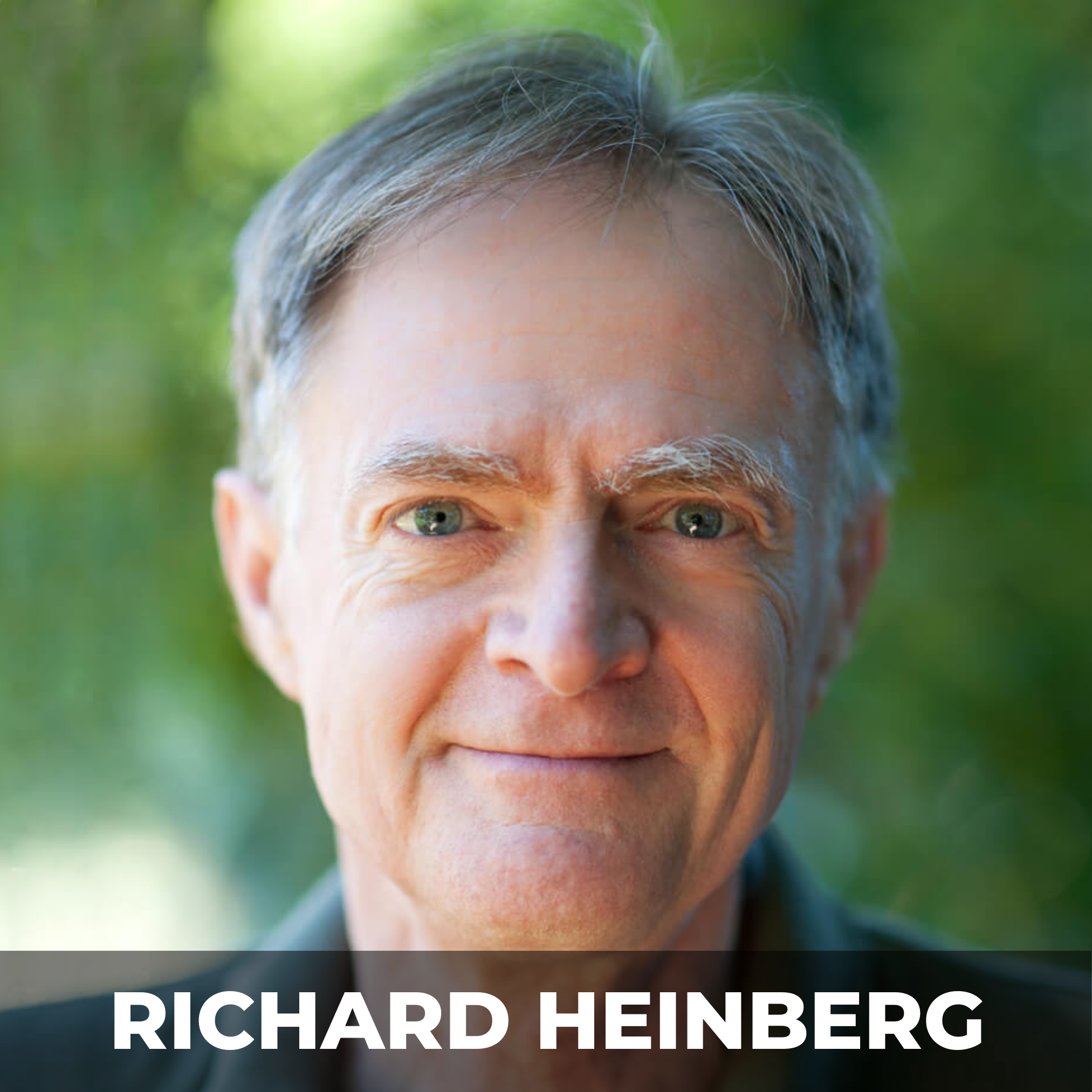
Powering Down: Beyond Growth, Toward Simplicity
Richard Heinberg, one of the world’s foremost experts on energy and sustainability explains why unfettered human expansionism, even with a “green” tint, is incompatible with natural limits and how we might deliberately rein in our power and move toward a culture of sufficiency, simplicity, and resilience.
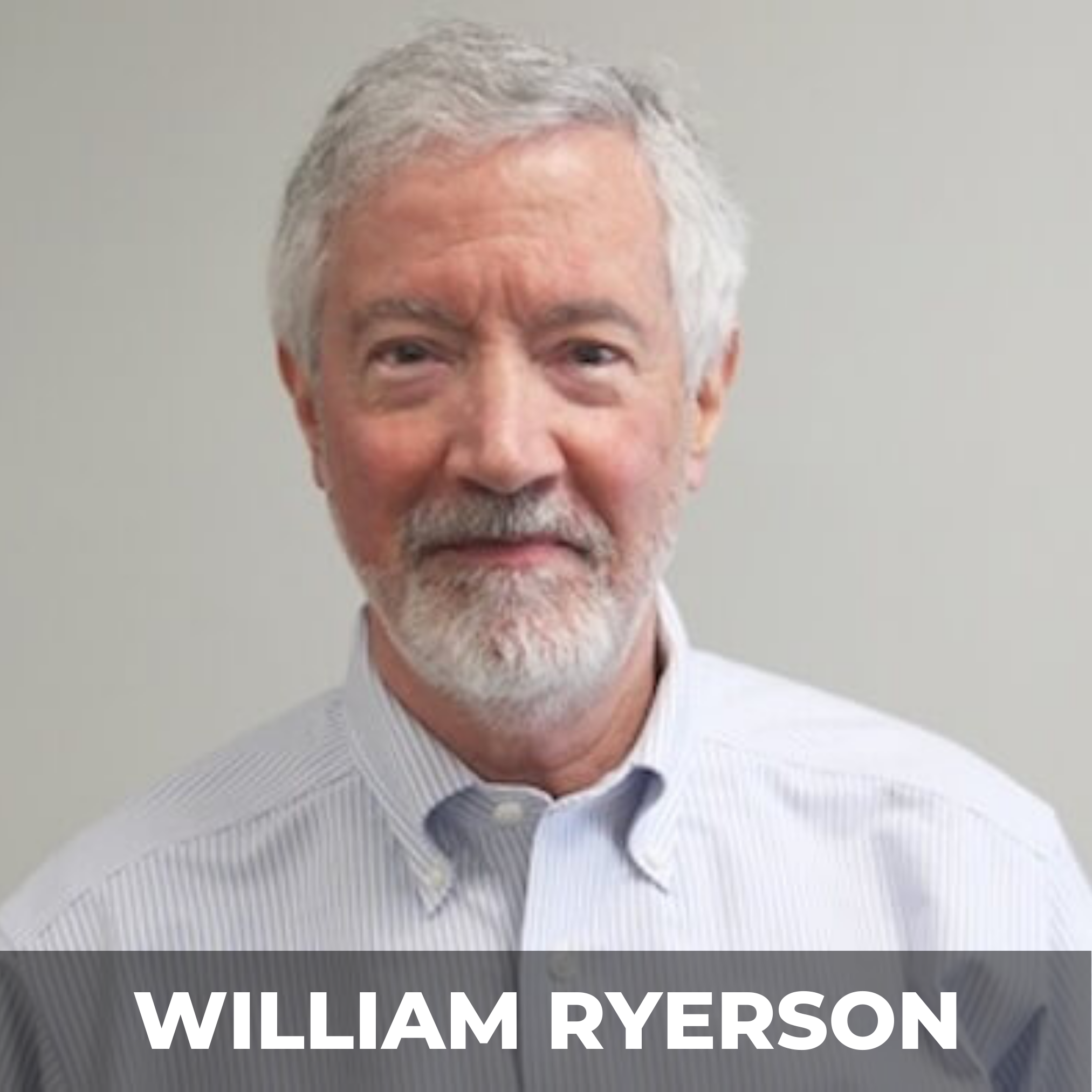
Soap Operas For Social Justice
Bill Ryerson, founder of one of the most effective sustainable population organizations in the world—Population Media Center, discusses the educational entertainment that his organization has used to promote important social and cultural changes that have helped 500 million people in over 50 countries.
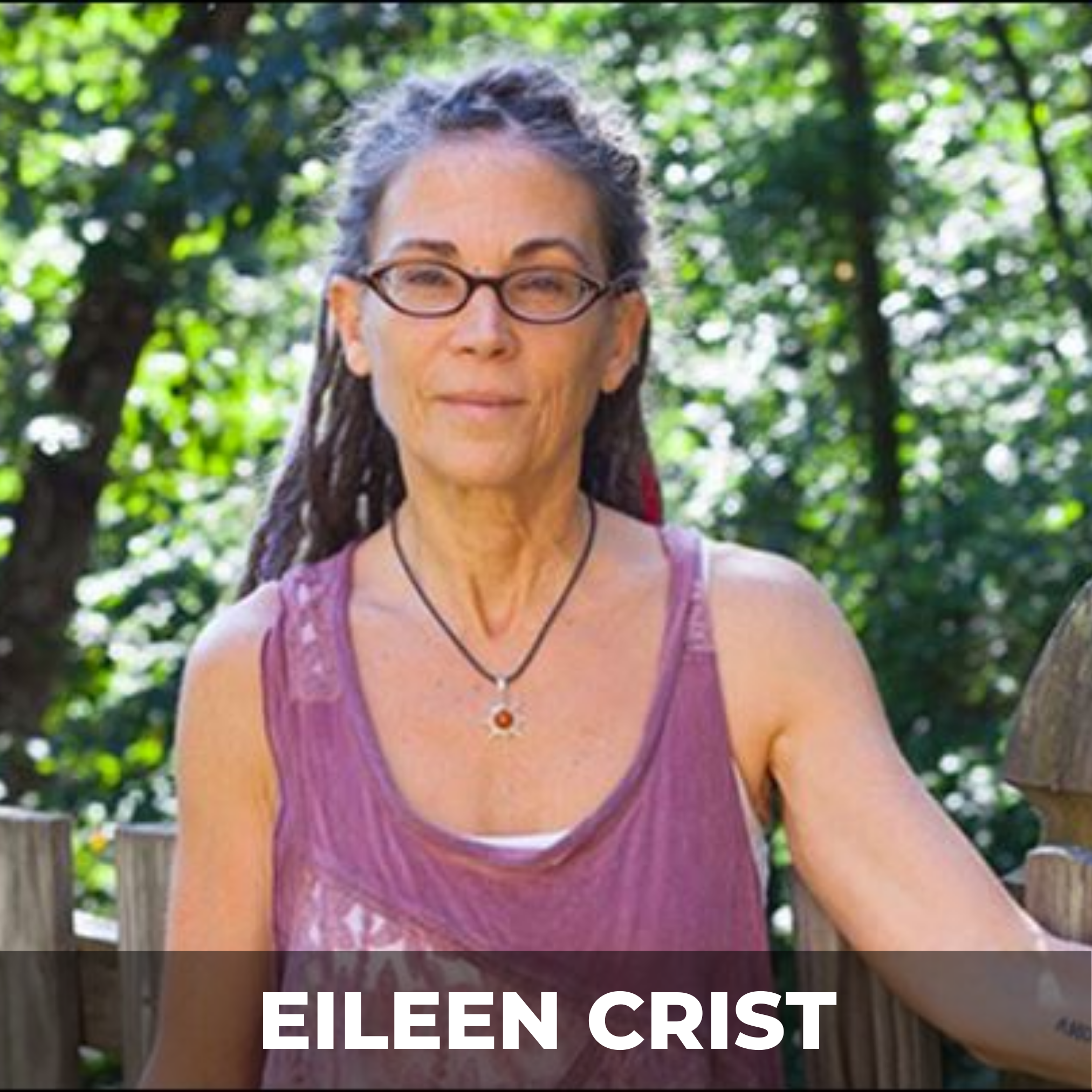
A Profound Vision For An Ecological Civilization
Dr. Eileen Crist—a deep, profound, and compassionate systems thinker—shines a light on the worldview of human supremacy that foregrounds our relationship of dominion towards non-human animals and all of nature, and offers a vision for cultivating a more indigenous-inspired identity as Earthlings.

Cops, Cabbages, and Thailand’s Mr. Condom
Affectionately known in Thailand as “Mr. Condom,” multiple award-winning health advocate Mechai Viravaidya discusses how, by using creativity and humor, he championed the most successful family-planning, AIDS prevention, and poverty reduction programs ever known.









